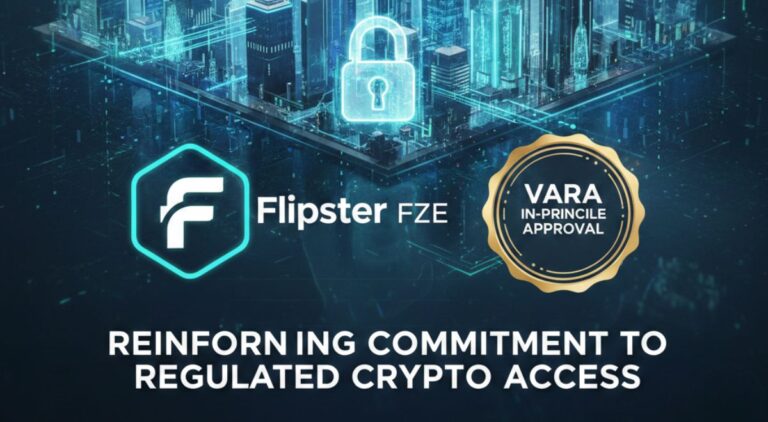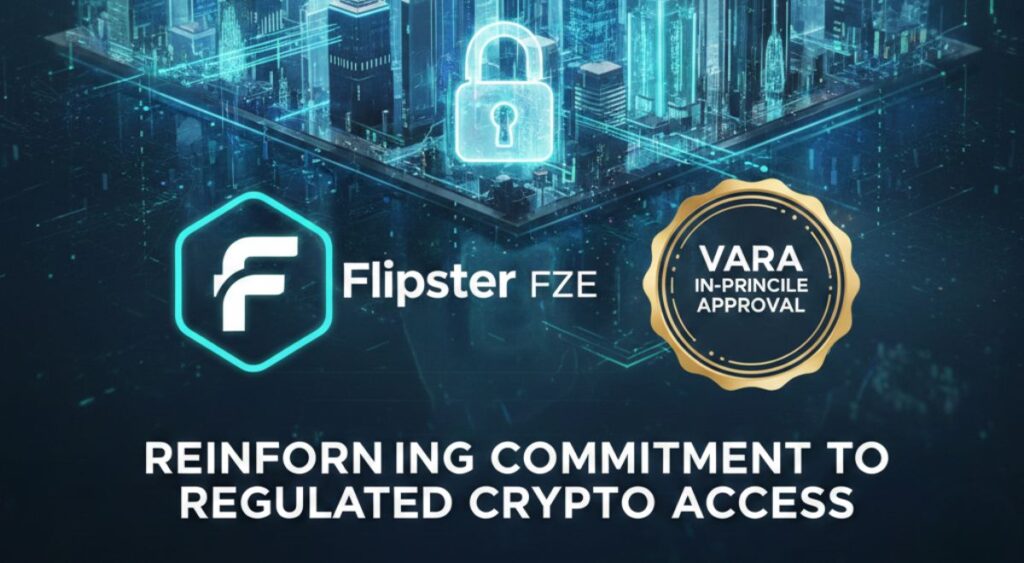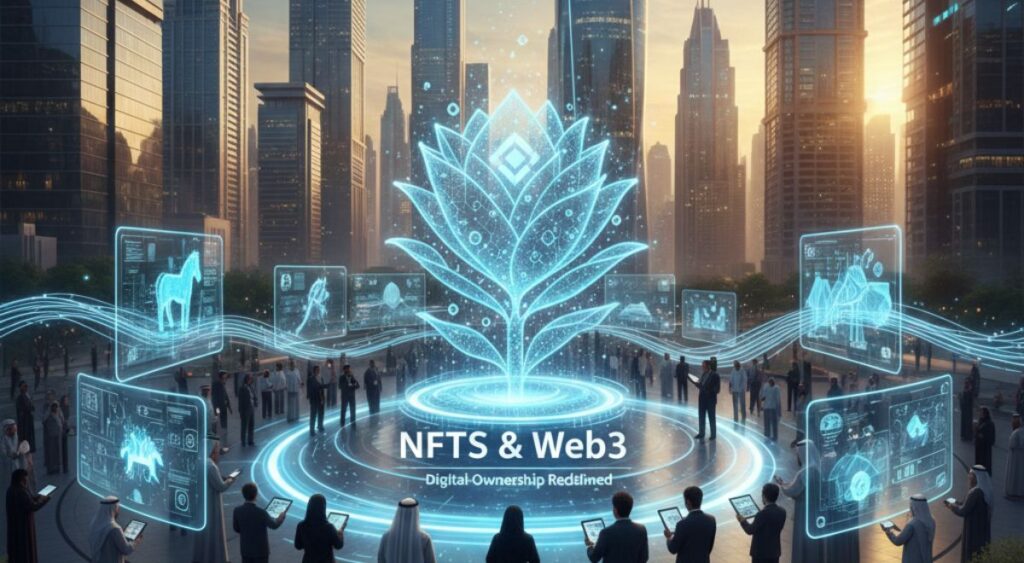A Milestone in Digital Transaction Technology
The debut of Skynet 1.0 signals a significant leap in merging artificial intelligence (AI) with blockchain technology, aiming to tackle persistent vulnerabilities in the cryptocurrency sector. Created by a team of engineers and blockchain specialists, the platform leverages AI’s adaptive intelligence alongside blockchain’s inherent security features to enhance protection across decentralized finance (DeFi) and non-fungible token (NFT) ecosystems.
Its key objectives include streamlining operations, detecting and neutralizing threats in real time, and reducing the risk of fraud — challenges that have long plagued the digital asset market. The development also reflects a growing industry shift toward AI-driven security solutions to bolster investor confidence in volatile crypto environments.
AI-Powered Threat Detection and Verification
At the core of Skynet 1.0 is its AI-embedded blockchain infrastructure, introducing an advanced layer of transaction monitoring and verification. Unlike traditional blockchain networks, the system can adapt dynamically to emerging threats and even predict potential vulnerabilities before they can be exploited.
This predictive approach could redefine security standards across the digital finance landscape. By integrating machine learning algorithms directly into the blockchain’s operational framework, Skynet 1.0 ensures that suspicious activities are flagged and acted upon instantly — a proactive measure that could prevent large-scale exploits seen in recent years.
However, the marriage of AI and blockchain brings fresh challenges for regulators, particularly in regions where cryptocurrency remains unregulated or loosely governed. Policymakers will need to revise existing frameworks to address the implications of AI-powered, self-learning blockchain systems.
Implications for the FinTech and Crypto Markets
The potential impact of Skynet 1.0 extends beyond security. If widely adopted, the platform could influence how major cryptocurrencies such as Bitcoin and Ethereum are traded, managed, and regulated. Enhanced security protocols may lead to greater investor trust, encouraging broader institutional participation in crypto markets and potentially reducing the extreme volatility that has characterized the sector.
Moreover, the predictive analytics offered by Skynet 1.0 could enable more intelligent blockchain networks capable of self-optimizing operations — a feature that may become the new benchmark for future digital transaction platforms.
Alignment with Broader Enterprise Technology Trends
The rise of AI in blockchain mirrors wider enterprise technology trends, where innovation is increasingly balanced with accountability. Businesses are now investing heavily in safeguards to prevent and correct AI-driven errors. For instance, Rubrik’s Agent Rewind technology, which can reverse AI mistakes, reflects a growing demand for error mitigation tools.
Similarly, Skynet 1.0’s dual focus on proactive threat detection and reactive damage control underlines a critical shift in the industry: the need for systems that not only defend against attacks but also minimize impact when breaches occur.
Opportunities and Risks Ahead
The rollout of Skynet 1.0 arrives at a moment when the DeFi and NFT sectors are grappling with record-breaking hacks and scams, eroding user trust. By offering an adaptive and self-improving defense mechanism, the platform could help restore confidence — but success will depend on industry-wide adoption and transparent operational governance.
For developers, the challenge will be refining the AI algorithms to ensure accuracy while avoiding false positives that could disrupt legitimate transactions. For regulators, it will be about crafting flexible policies that protect users without stifling innovation. And for users, the task lies in understanding and trusting a technology that blends two of the most complex and fast-evolving fields in the digital economy.
A Glimpse Into the Future of Digital Transactions
Skynet 1.0 is more than just another blockchain upgrade — it represents a paradigm shift in how digital transactions are conducted and secured. By marrying AI’s predictive intelligence with blockchain’s decentralized trust model, the platform could pave the way for a new era of safer, more resilient cryptocurrency ecosystems.
As AI continues to reshape industries, the success of Skynet 1.0 will serve as a litmus test for the responsible integration of advanced technologies. The challenge will be ensuring that the drive for innovation is matched by safeguards robust enough to protect both individuals and institutions in an increasingly interconnected financial world.















